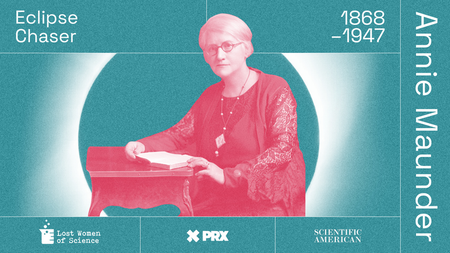
The Victorian Woman Who Chased Eclipses
Annie Maunder was an astronomer who expanded our understanding of the sun at the turn of the 20th century. Her passion was photographing eclipses.
Katie Hafner is host and co-executive producer of Lost Women of Science. She was a longtime reporter for the New York Times,, where she remains a frequent contributor. Hafner is uniquely positioned to tell these stories. Not only does she bring a skilled hand to complex narratives, but she has been writing about women in STEM for more than 30 years. She is also host and executive producer of Our Mothers Ourselves, an interview podcast, and the author of six nonfiction books. Her first novel, The Boys, was published by Spiegel & Grau in July. Follow Hafner on Twitter @katiehafner

The Victorian Woman Who Chased Eclipses
Annie Maunder was an astronomer who expanded our understanding of the sun at the turn of the 20th century. Her passion was photographing eclipses.
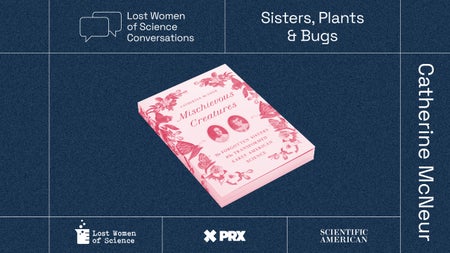
The Forgotten Sisters Who Transformed Early American Science
The Morris sisters made significant contributions to botany and entomology, but their stories were erased from the history of early American science, both accidentally and by design.
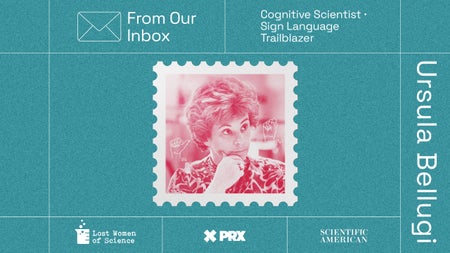
The Cognitive Neuroscientist Who Helped Unravel the Mysteries of Language
Ursula Bellugi was fixated on how we learn language. Her groundbreaking research on sign language demonstrated the connection between language skills and biology

The Amazing Aerial Adventures of Lilian Bland, the ‘Flying Feminist’
In 1910 an Anglo-Irish woman named Lilian Bland built a plane with little to no encouragement from her family or aviation enthusiasts. Shortly after the plane took off, she quit flying and moved on to her next challenge
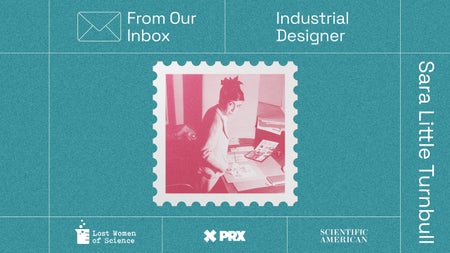
The Industrial Designer behind the N95 Mask
Sara Little Turnbull used materials science to invent and design products for the modern world
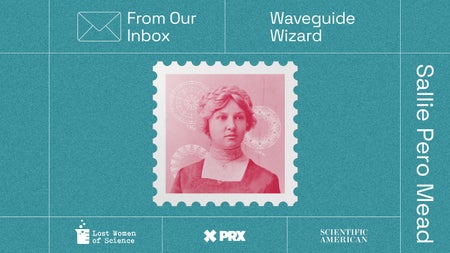
Forgotten Electrical Engineer's Work Paved the Way for Radar Technology
Sallie Pero Mead made major discoveries about how electromagnetic waves propagate that allowed objects to be detected at a distance
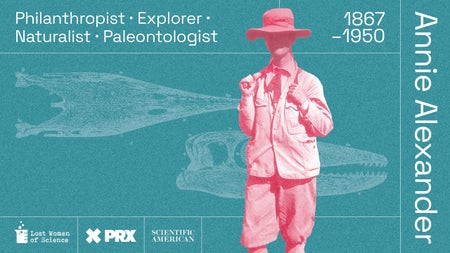
Adventures of a Bone Hunter
Annie Montague Alexander went on paleontology expeditions most women could only dream of in the early 1900s
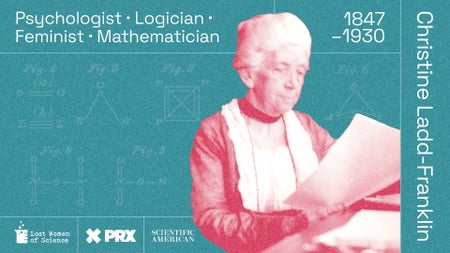
The Devastating Logic of Christine Ladd-Franklin
This early feminist fought for the credit she deserved for her deductive reasoning system and her educational qualifications
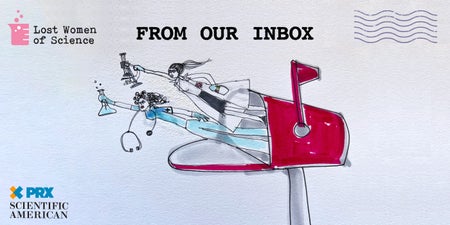
This Biophysicist 'Sun Queen' Harnessed Solar Power
Hungarian-American biophysicist and inventorMária Telkes illuminated the field of solar energy. She invented a solar oven, a solar desalination kit and, in the late 1940s, designed one of the first solar-heated houses
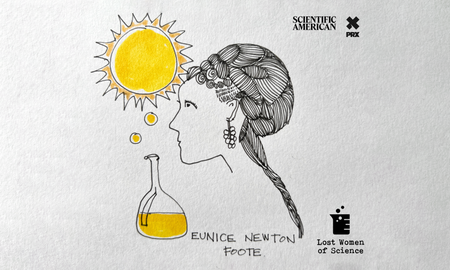
The Woman Who Demonstrated the Greenhouse Effect
Eunice Newton Foote showed that carbon dioxide traps the heat of the sun in 1856, beating the so-called father of the greenhouse effect by at least three years. Why was she forgotten?
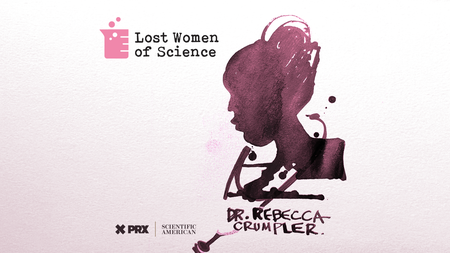
The U.S.’s First Black Female Physician Cared for Patients from Cradle to Grave
Rebecca Lee Crumpler became the first Black woman in the U.S. to receive an M.D., earned while the Civil War raged, and the first Black person in the country to write a medical book, a popular guide with a preventive approach
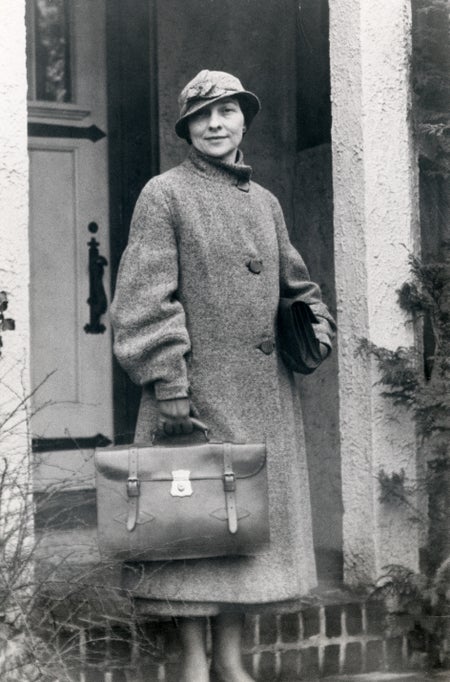
This Code Breaking Quaker Poet Hunted Nazis
How Elizebeth Smith Friedman went from scouring Shakespeare for secret codes to taking down a Nazi spy ring
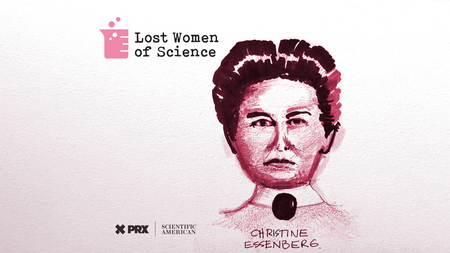
A Chance Discovery Uncovered the Remarkable Life of One of the First Female Oceanographers
Eight pages hidden in an archive led to the discovery of the story of Christine Essenberg
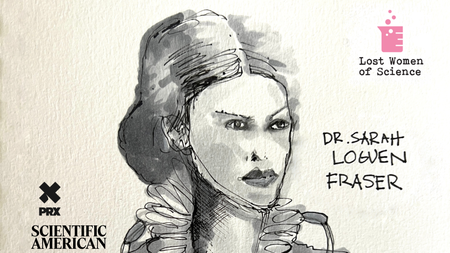
Reconstruction Helped Her Become a Physician. Jim Crow Drove Her to Flee the U.S.
Sarah Loguen Fraser was the daughter of abolitionists and one of the first African American female doctors trained after the Civil War.
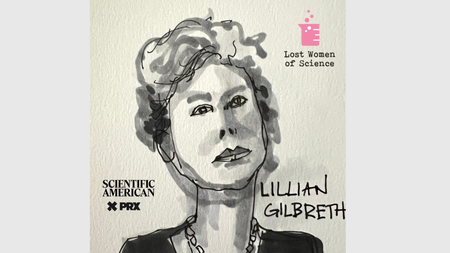
This Efficiency-Obsessed Psychologist (and Mother of 11) Revolutionized Kitchen Design
Lillian Gilbreth pioneered time and motion efficiency in workplaces and revolutionized kitchen design
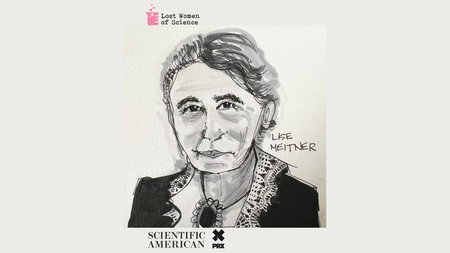
How Antisemitism and Professional Betrayal Marred Lise Meitner’s Scientific Legacy
Letters between Lise Meitner and the chemist Otto Hahn reveal how she struggled with Hahn's failure to credit her work and condemn the Nazi atrocities
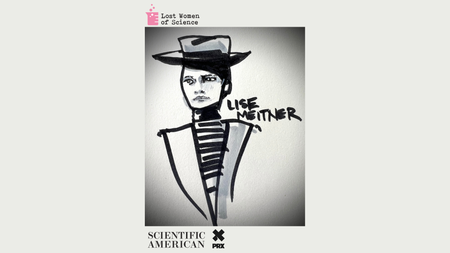
She Cracked the Mystery of How to Split the Atom, but Someone Else Got the Nobel Prize for the Discovery
Lise Meitner, an Austrian-born Jewish physicist, never received the Nobel Prize she deserved for her pioneering work on nuclear fission
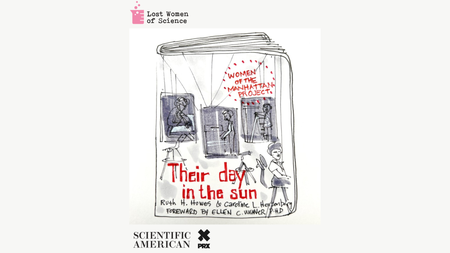
They Remembered the Lost Women of the Manhattan Project So That None of Us Would Forget
Physicists Ruth Howes and Caroline Herzenberg’s 10-year research project ensured a place in history for the female scientists, engineers and technicians who worked on the atomic bomb
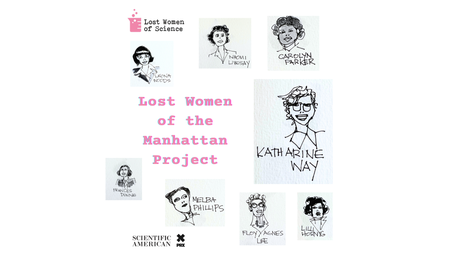
Meet the Physicist who Spoke Out against the Bomb She Helped Create
After atomic bombs were dropped on Hiroshima and Nagasaki, nuclear physicist Katharine Way persuaded the world’s greatest physicists to contribute essays to a book opposing nuclear weapons
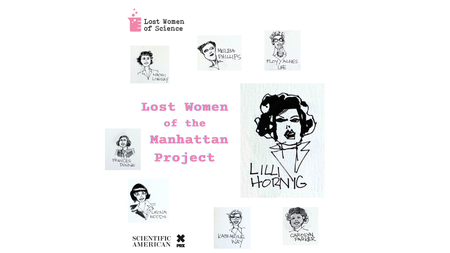
She Helped Build the Atomic Bomb to Stop the Nazis, But Was Haunted by What It Did to Japan
Here’s the story of the Lilli Hornig, the only female scientist named in the film Oppenheimer.
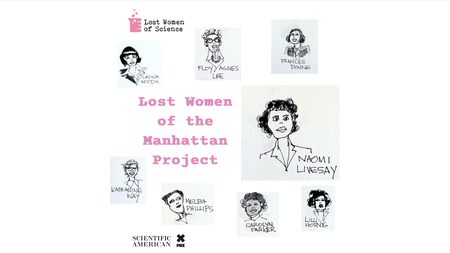
Meet the Woman Who Supervised the Computations That Proved an Atomic Bomb Would Work
Naomi Livesay worked on computations that formed the mathematical basis for implosion simulations. Despite her crucial role on the project, she is rarely mentioned as more than a footnote—until now
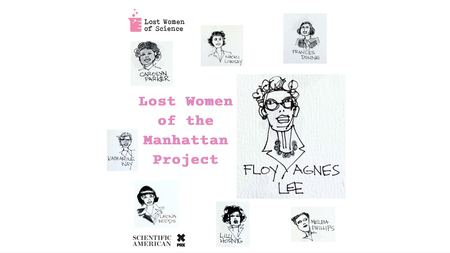
This Lost Woman of the Manhattan Project Saw the Deadly Effects of Nuclear Radiation Up Close
Floy Agnes Lee came to Los Alamos, N.M., in 1945 knowing nothing of the top secret work on the atomic bomb happening all around her—but she studied the blood of the researchers who did
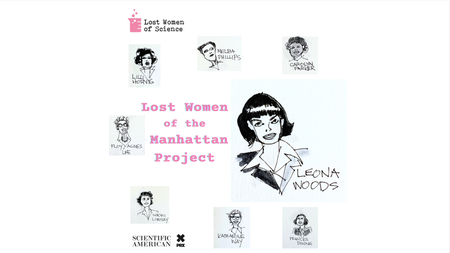
What the Film Oppenheimer Probably Will Not Talk About: The Lost Women of the Manhattan Project
Hundreds of the scientists who worked on the Manhattan Project were women. They were physicists, chemists, engineers and mathematicians. Today we bring you the story of one of them.
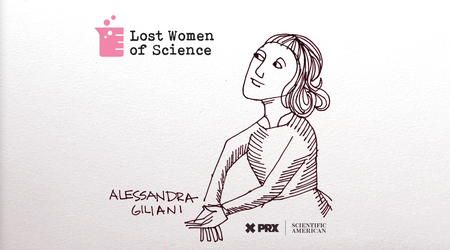
Who Was Alessandra Giliani, 14th-Century Teen Anatomist?
Was a teenager named Alessandra Giliani the Western world’s first female anatomist? In 14th-century Italy, women were strictly barred from medical research. One flouted that rule—disguised as a man.